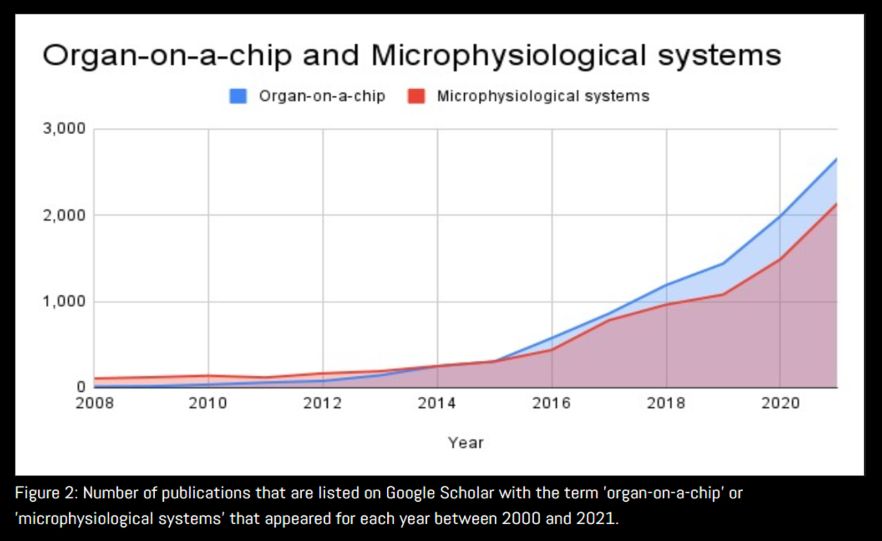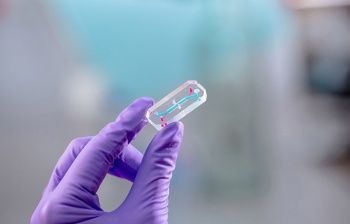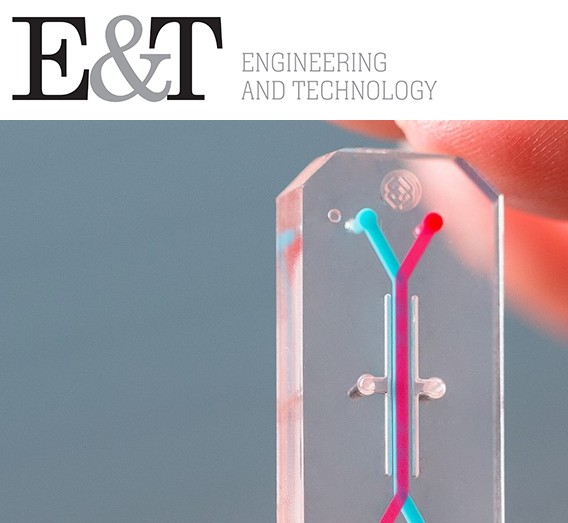Press Releases and Interviews
Prof Knight discusses the future of organ-on-a-chip models in 'What is Biotechnology' articleProf Knight was interviewed as part of contribution to a major new review article on organ-chip technology pubishished in 'What is biotechnology'. Read the article here |
|
Prof Knight on expert RSPCA panel discussing the use of animals in scienceProf Martin Knight was part of an expert panel organised by the Royal Society for the Prevention of Cruelty to Animals (RSPCA). The panel considered the question, 'Can we achieve a phase out of animal experiments in the UK?' Prof Knight spoke about the potential of organ-chip technology as an alternative to animal testing, for research and the development of pharmaceuticals and other therapeutics. Read more |
|
Using Organs-on-chips technology to accelerate COVID-19 researchThe Queen Mary & Emulate Organs-on-Chips Centre is involved in a new initiative to use miniaturised living systems with human cells, known as organ-chips, in the fight against COVID-19. Read more |
|
Press Release for the Queen Mary & Emulate Organ-on-Chips CentreThe new 'Queen Mary – Emulate Organs-on-Chips Centre' will use Organs-on-Chips to recreate the human biology of different organs by incorporating the appropriate types of cells and tissues cultured under continuous fluid flow and mechanical forces, such as cyclic breathing and peristalsis, which create the microenvironment experience by cells in the body. Read more |
|
Profs Screen and Knight interviewed for article on organs-on-chip'Hazel Screen, a professor of biomedical engineering at Queen Mary University of London (QMUL), says that despite decades of use and refinement, the success rate in drug development based on the current animal models is extremely low. ... QMUL’s Knight says that the organ-on-a-chip technology could in the future reduce the number of mice, the most commonly used animal species in medical research, needed at certain stages of the drug development process. But for that to happen, the alternative technologies have to be validated and proved as reliable (if not more) as the currently used animal models.' Read more |
|







